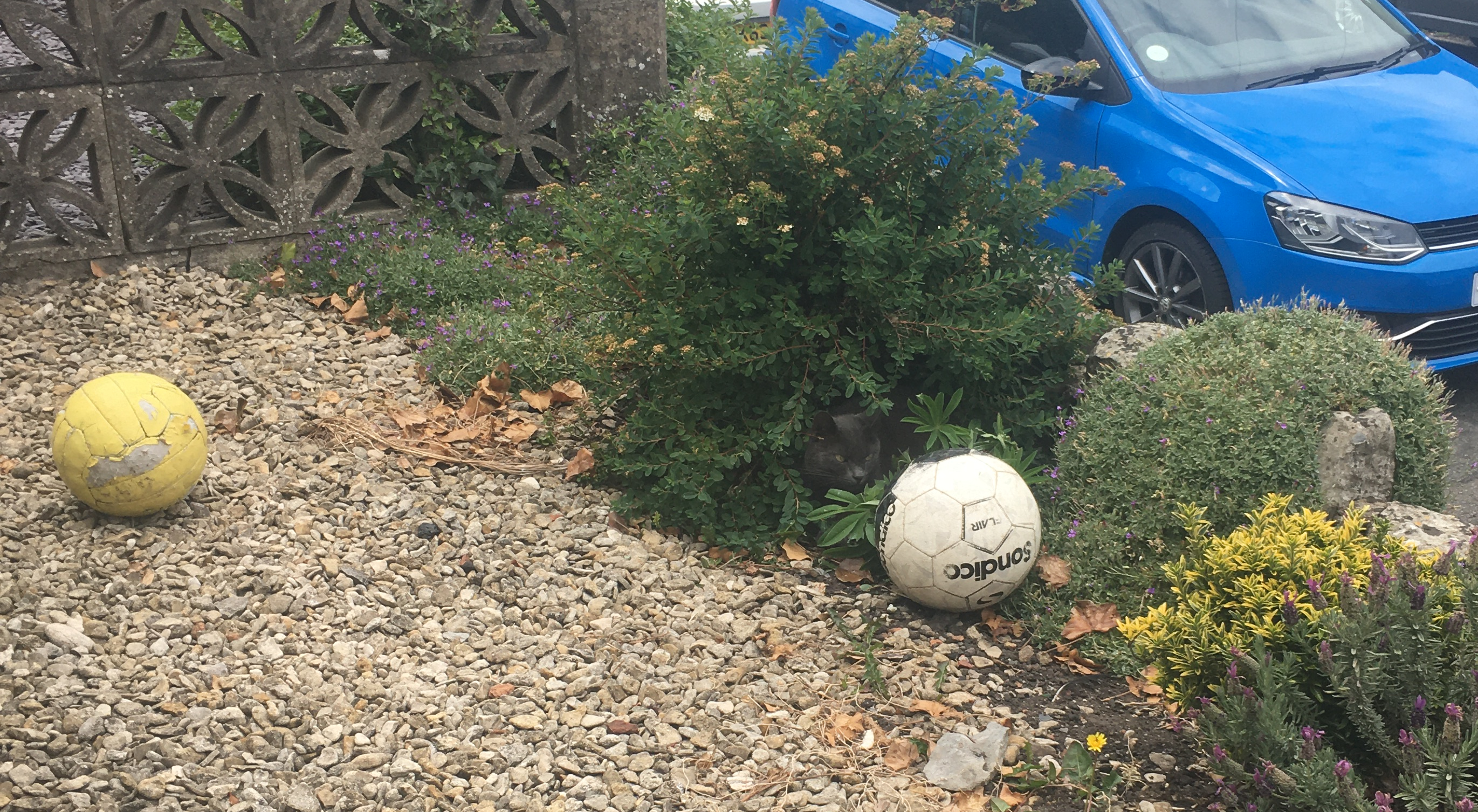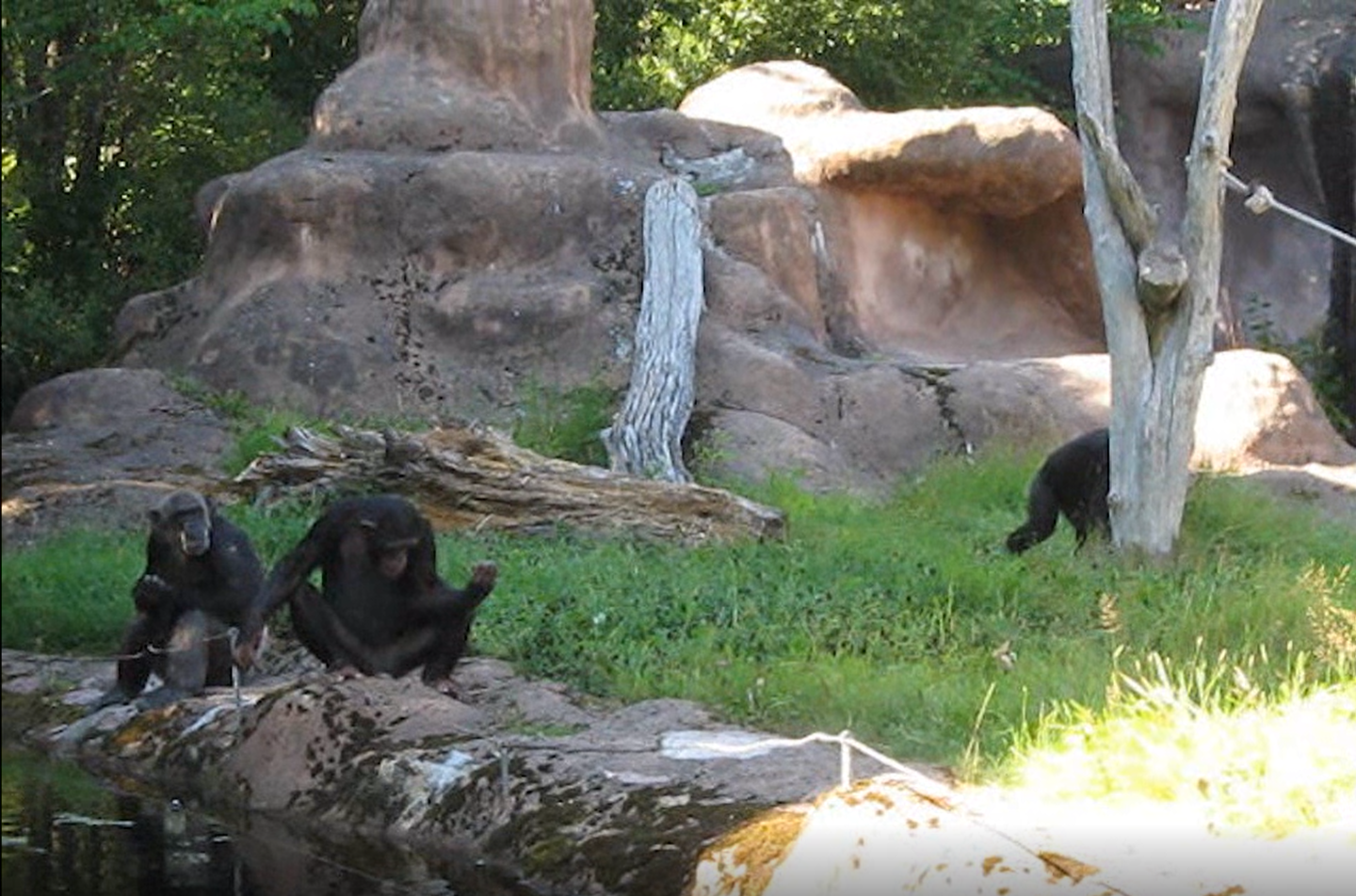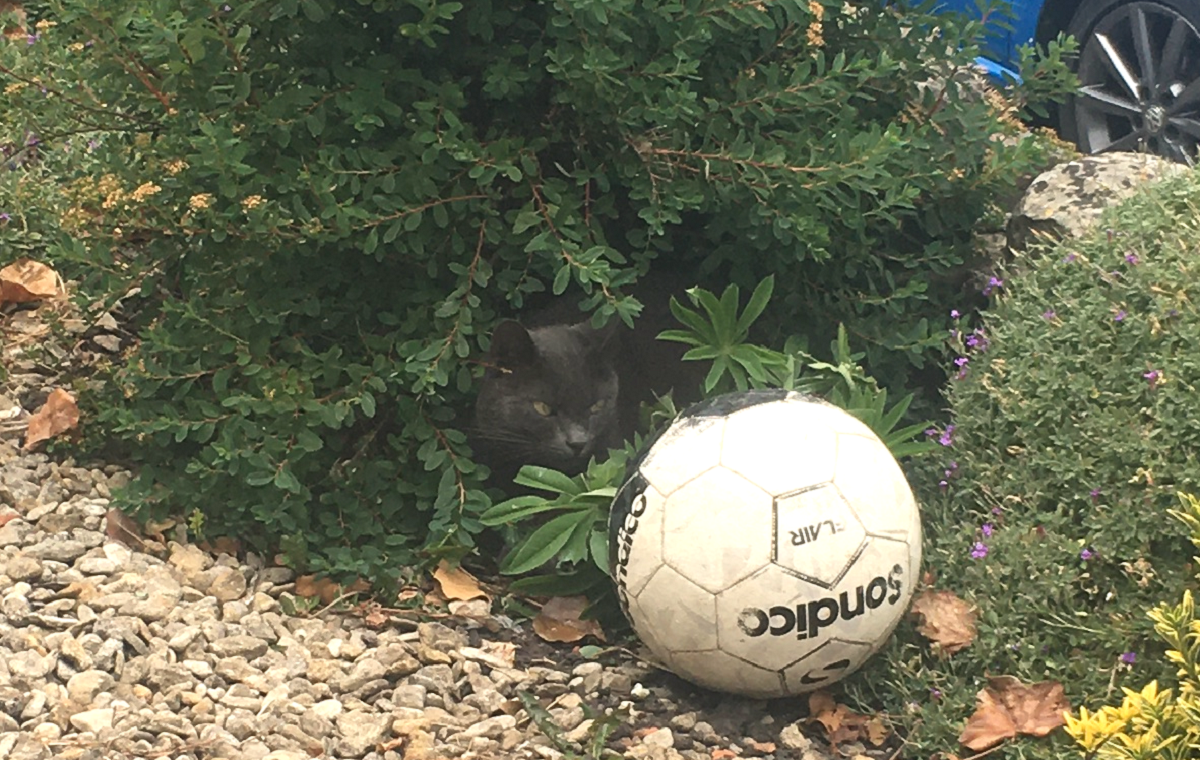Lockdown has changed the way we look at ourselves and our world. Our experience has been altered so rapidly that most people are finding it pretty tough right now.
Thankfully, there is some good news – or at least some good advice – to hand. There’s a plethora of useful tips on the Thrive website, and here are a few more for the attention of you and your family from an unlikely source: the animal kingdom!
When we recognise the chemicals reactions that can make us feel good, when we’re able to repeat these reactions every day for a month and a half, we can set a pattern for a better life.

Whether we like it or not, we’re all animals and our brains have developed in a way that has proven most effective in keeping us alive and surviving. When we’re doing more than that, we are Thriving and at those times our mind is rewarded by these crucial chemicals : dopamine, serotonin, oxytocin & endorphins.
What produces dopamine?
Dopamine is the hunter-gatherer in us, which is always on the lookout for further rewards but is never happy with what it already has.

What produces serotonin?
“Keeping up with the Joneses” is a chemically-induced state. Endlessly comparing ourselves with our neighbours, our colleagues and our friends give us a sense of our worth, and when we believe that we’re doing pretty well in comparison with our peer group, then we feel good thanks to serotonin.

What produces oxytocin?
This could be the chemical that we’re missing most in lockdown, because oxytocin is the feelgood factor that we get at a concert or a football match when we’re all there together for the same reason. Our minds only get this good feeling when we trust in others, and are not alone.
What produces endorphins?
Pain produces endorphins because it’s the chemical that masks the pain we’re feeling so that we can survive the situation. By a quirk of nature, or possibly in the same way that hyenas ‘laugh’ and chimpanzees chatter with excitement, we get a healthy dose of endorphins when we laugh – it’s likely that laughter developed to signal of the relief we feel after surviving tension. If you think of the best jokes, or an episode of Curb Your Enthusiasm, you get the picture.

According to Loretta Breuning of the Inner Mammal Institute, it takes a lot longer to ‘train’ an adult brain to receive these feelgood chemicals because of the depletion of myelin in the adult brain. It’s myelin that strengthens neural pathways before we’re eight and during puberty.
But, the good news is, that it is possible to reward our endeavours with the Famous Four chemicals. If we’re able to repeat small goals or tasks every day that make us feel good about ourselves no matter what, than we can begin to rewire our brain in order to feel more content in a tough world.
So set your goals: be thankful of what you already have, believe you can achieve, build trust in others who are all going through the same situation…and have a laugh!
Have a good week, make it the first 7 days of the 45 days to change your life for good.



